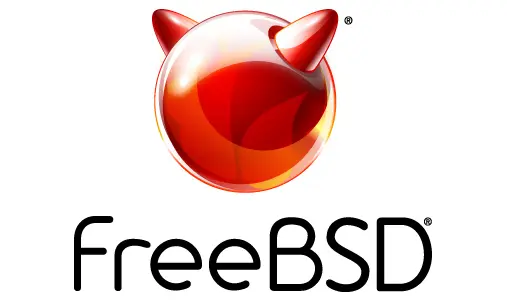So you just installed FreeBSD, typed ls /, and suddenly you feel like you’ve stumbled into a mysterious land full of cryptic folders. Don’t panic! It’s not a maze—it’s just the UNIX-style file system, and trust me, it’s beautifully organized.
In this article, we’re going to explore the main directories in FreeBSD, so you can walk around like a pro without getting lost in folder-vania.
/ – Root (Not the Plant Kind, the Home Base)
This is the top-level directory.
In FreeBSD, everything begins with
/, unlike Windows with itsC:\.
Think of / as the house, and all the other folders are rooms with specific purposes.
/bin – Essential Binaries
This folder holds vital command-line tools like:
ls, cp, mv, rm, sh
These are the survival tools. Even if the system is falling apart, this folder must still be accessible.
/sbin – System Binaries
Similar to /bin, but contains tools mostly used by the root user or system admin:
fsck, reboot, ifconfig
Warning: Don't poke around in here unless you know what you're doing
/etc – The Configuration Control Room
This is where all the system configuration files live. Examples:
-
/etc/rc.conf→ startup service config -
/etc/fstab→ filesystem mounting -
/etc/passwd→ user account info
If FreeBSD were a restaurant, /etc would be the kitchen with all the secret recipes.
/home – The User's Living Room
Each user gets their own folder in here:
-
/home/alucard→ your files -
/home/naruto→ someone else’s ninja stash (don’t peek)
/usr – Userland Utilities and Extras
Despite the name, this is not for personal files. It holds:
-
/usr/bin→ extra apps -
/usr/sbin→ extra system tools -
/usr/share→ fonts, locales, etc. -
/usr/local→ third-party apps (from Ports, for example)
If /bin is your essential tool kit, /usr is the system’s shopping mall: full of add-ons and goodies.
/dev – Device Files
This isn’t a normal folder—it represents your actual hardware! Examples:
-
/dev/ada0→ first hard disk -
/dev/ttyv0→ virtual terminal -
/dev/null→ the digital trash can (where feelings and logs go to disappear)
/var – Variable Data
All the stuff that changes frequently lives here:
-
/var/log→ system logs -
/var/tmp→ temp files -
/var/mail→ user mailboxes
If /etc is the kitchen, /var is the dishwashing station
/boot – Boot Essentials
Contains the kernel and critical files needed to start the system.
Warning: Don't mess with this unless you really know what you're doing.
/tmp – Temporary Trash Bin
Temporary files live here. FreeBSD may delete them at any time, especially at reboot—so don’t store your hopes and dreams here.
FreeBSD's file system is clean, consistent, and well-organized. It may feel weird at first, but once you understand the logic, you’ll realize:
“Wow, this is actually pretty smart and fun to explore.”
If you love systems that aren’t messy and are logically structured, FreeBSD might be your perfect learning environment!



0 Comments:
Post a Comment